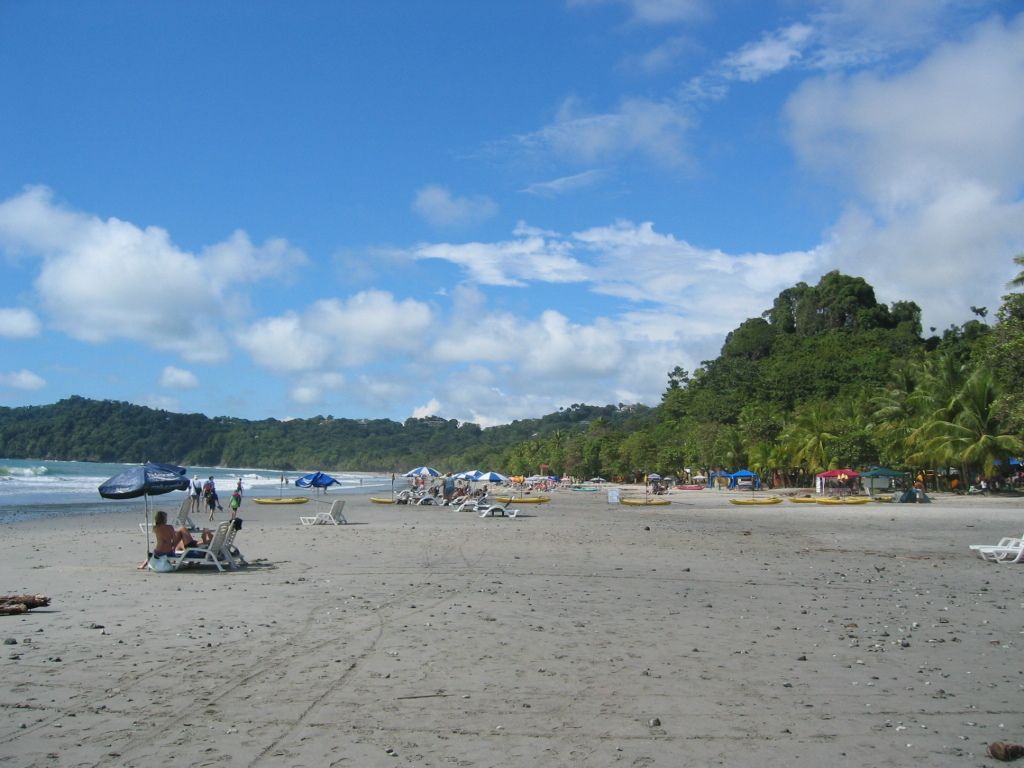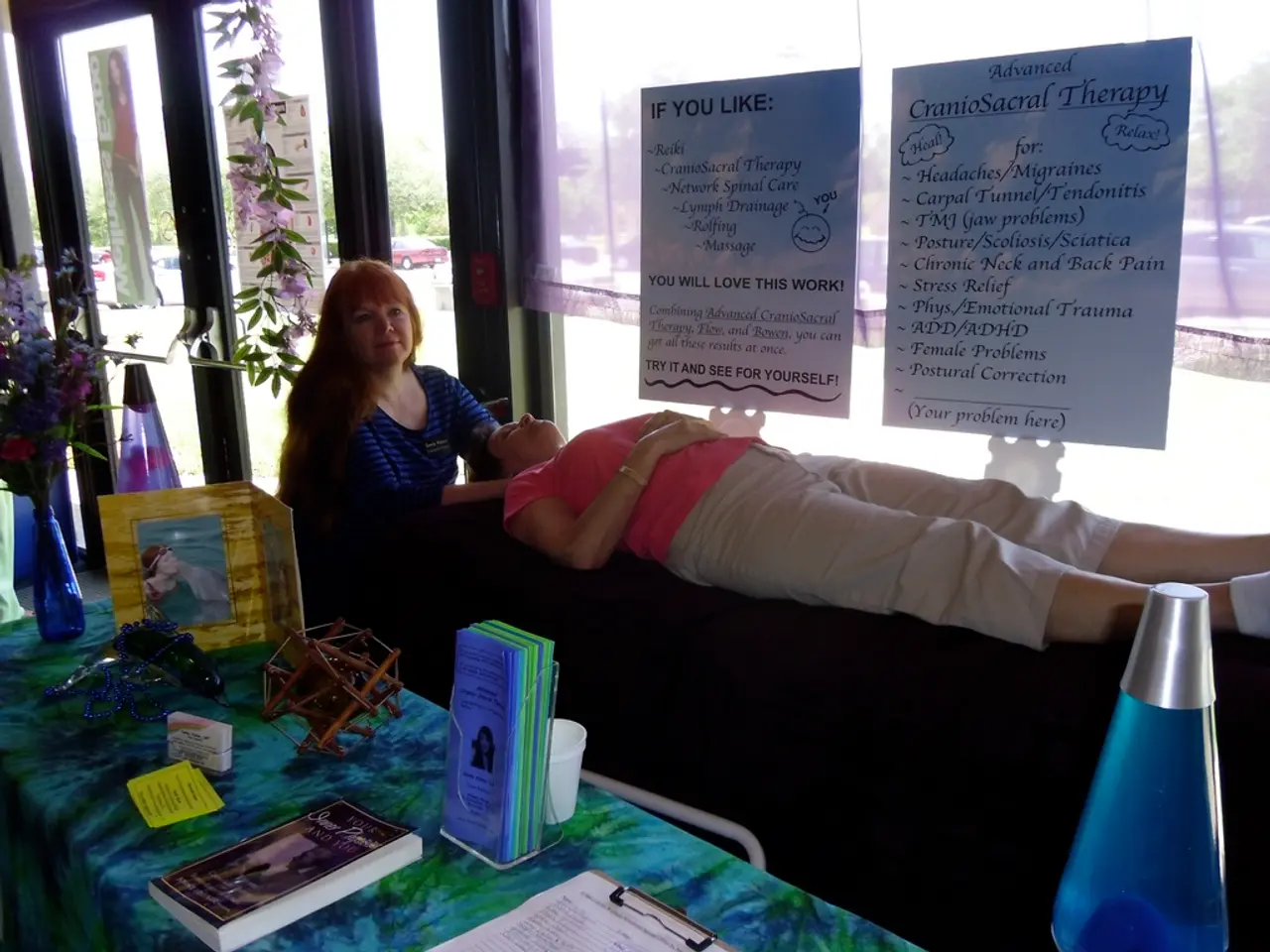Condemnation by the Highest European Court: France Accused of Neglecting Safety of Rape Victims Who Filed Reports
Taking a Stand for Consent:
France is in the midst of a prolonged debate concerning the expansion of rape definitions to encompass the absence of consent.
The European Court of Human Rights (ECHR) has taken a decisive stance in support of three French women who declared they were victims of rape at the ages of 13, 14, and 16. The court's judgement, issued on Thursday, is expected to amplify the call for the integration of consent into French law for sexual offenses.
The landmark ruling follows the trial of Dominique Pelicot and around 50 other men for the repeated sexual assault of Pelicot's drugged wife, Gisele, which rekindled the national discussion on this issue last year.
France has made strides to strengthen punishment for rape and sexual misconduct, establishing the age of consent as 15. However, the country's criminal law still lacks a definition of rape incorporating the lack of consent.
In all three cases evaluated by the ECHR, the applicants argued that their age and vulnerability at the time should have been acknowledged by the authorities. The court found that neither the investigators nor the French courts took sufficient action to safeguard these women who reported being raped.
The court also noted inadequacies in the handling of two of the cases, emphasizing delays and flaws in the prosecution process. The court reported violations of the European Convention on Human Rights that prohibit torture and inhuman or degrading treatment, as well as infringements on the women's right to privacy.
The ruling pointed out the court's belief that the domestic courts had not adequately evaluated the impact of the circumstances surrounding the events and had not taken sufficient account, in assessing the capacity to consent, of the particularly vulnerable situations faced by the applicants, considering their ages.
The ECHR's condemnation also shed light on the "lack of promptness and diligence in the conduct of the criminal proceedings" in two of the three cases.
The Neglected Duty of Care
The first case involved a teenager who claimed to have been raped by two 21-year-old firefighters in 2009. A psychologically fragile victim of school bullies who had been hospitalized in a children's psychiatric ward multiple times, she maintained that she had consensual sexual relations with one of the firefighters. She further asserted that her contact details were circulated among other firefighters across several stations, who subsequently contacted her through text and social media.
Two other plaintiffs reported being raped at the ages of 14 and 16 by men aged 21 and 29, respectively, and at home after a party. The ECHR's ruling also highlighted gender-based discrimination against one applicant, who was subjected to sexist remarks from authorities while seeking justice, which the court deemed a violation of Article 14 of the ECHR.
The ruling did not serve as a judgement on the guilt or innocence of the accused individuals, but rather recognized shortcomings in the manner these cases were handled by French authorities.
A Widely Varying Approach Across Europe
The way rapes are defined and prosecuted in criminal law still demonstrates considerable inconsistency across Europe. Although some countries employ consent-based definitions, others continue to require evidence of physical force or threats to prove rape.
As things stand, French law considers rape to have occurred when "an act of sexual penetration or an oral-genital act is committed on a person, with violence, coercion, threat, or surprise."
- Related
- French lawmakers urge consent legislation following Gisele Pelicot trial
- Dominique Pelicot, French rapist, questioned over cold cases from the 1990s
[1] ECHR Press Release, 02 Sep 2021, https://www.echr.coe.int/documents/press-release_fr_convention_violance-menage-020921.pdf[2] BBC News, 02 Sep 2021, https://www.bbc.com/news/world-europe-58449081[3] The Guardian, 02 Sep 2021, https://www.theguardian.com/world/2021/sept/02/european-court-rules-france-failed-to-protect-girls-from-rape[4] France 24, 02 Sep 2021, https://www.france24.com/en/europe/20210902-female-teens-raped-in-france-successfully-sue-state-echr-ruling
- The European Court of Human Rights (ECHR) ruled that French authorities failed to protect three girls, aged 13, 14, and 16, who claimed to be victims of rape, highlighting inadequacies in the handling of the cases and a lack of a definition of rape incorporating the absence of consent in French law.
- In the first case, a teenage victim of school bullying and multiple hospitalizations asserted that she had consensual sexual relations but claimed her contact details were shared with other firefighters who harassed her through text and social media.
- Two other plaintiffs, aged 14 and 16, reported being raped at home after a party, with one applicant experiencing gender-based discrimination from authorities.
- The ECHR's ruling did not determine the guilt or innocence of the accused individuals but acknowledged the shortcomings in the manner these cases were handled by the French authorities, reinforcing the call for the integration of consent into French law for sexual offenses.
- Across Europe, the definition and prosecution of rape still show significant inconsistency, with some countries adopting consent-based definitions while others require proof of physical force or threats.
- In light of the recent ruling and the ongoing debate in France, policy-and-legislation, health-and-wellness (mental and women's health), crime-and-justice, general-news, and politics are all areas that may be impacted by the push for clearer rape definitions and stronger protections for victims.










